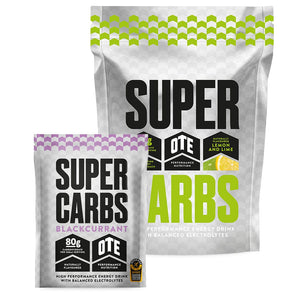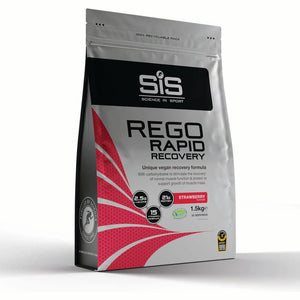It’s your choice - with our knowledge.

Product Insights
Discover more about the products in this article

TORQ Hydration Drink
Featured Products
Hydration and the Endurance Athlete
Maintaining optimal hydration is crucial for athletes to sustain performance, prevent dehydration, and support overall health. During exercise, we lose water through sweat and as water vapor in the air we exhale. When dehydration sets in, performance can decline, which makes it just as important to incorporate fluid needs into your fuelling strategy.
How Much Fluid Do I Lose During Exercise?
On average, an individual can lose between 0.5 - 2.5 litres of water per hour during exercise, depending on several factors:
- Body composition
- Environmental conditions (losses are higher in hot and humid environments)
-
Exercise intensity
Even a small 2% decrease in body weight due to fluid loss can significantly reduce
performance. This dehydration leads to an increase in core temperature, greater glycogen use, mental fatigue, elevated heart rate, and an overall increase in perceived exertion.
So, How Can I Minimise Fluid Loss?
Unlike carbohydrate loading, we can't "fluid load" because the body will simply excrete any excess. However, there are strategies to ensure proper hydration in the hours leading up to exercise.
Pre-Exercise Hydration
The best way to monitor hydration is by the colour and volume of your urine: the larger the volume and lighter the colour, the more hydrated you are (and vice versa). It’s recommended to consume 5-10 ml of fluid per kg of body weight 2-4 hours before exercise. For a 60 kg athlete, this would be around 300-600 ml, and for an 80 kg athlete, it would be 400-800 ml. If urine output remains small and dark in colour after this, continue drinking fluids in the lead-up to exercise.
Top Tip: Add electrolytes to your water or eat salted snacks, this will stimulate thirst and help your body retain the fluids you consume.
Recommended Products
During Exercise
Aim to drink between 400-800 ml of fluid per hour during exercise to prevent dehydration. In hot and humid conditions, aim for the higher end of that range. While this is a general guide, it's important to listen to your body and drink to thirst.
Top Tip: Consider using carbohydrate/electrolyte drinks to optimise your fuelling strategy. These drinks help stimulate thirst and promote better fluid absorption.
Recommended Products
Post-Exercise Hydration
After exercise, it's essential to replace any fluid and electrolyte losses. The general guideline is to consume 1.25 - 1.5 litres of fluid for every kilogram of body weight lost during exercise. The best method for rehydration is by sipping fluids gradually, rather than drinking a large amount all at once.
Top Tips: Combine your recovery nutrition by using recovery shakes that provide fluid, carbohydrates, and protein all in one. Replace electrolytes either with supplements or through food sources.
Recommended Products
By focusing on hydration before, during, and after exercise, you’ll support better performance and help aid your recovery.
Connie Jones SENr ANutr is a registered associate nutritionist with the AfN and a registered sports and exercise nutritionist under the BDA.
Website: Visit Website | Instagram: @connierosenutrition
It’s your choice - with our knowledge.











































































































